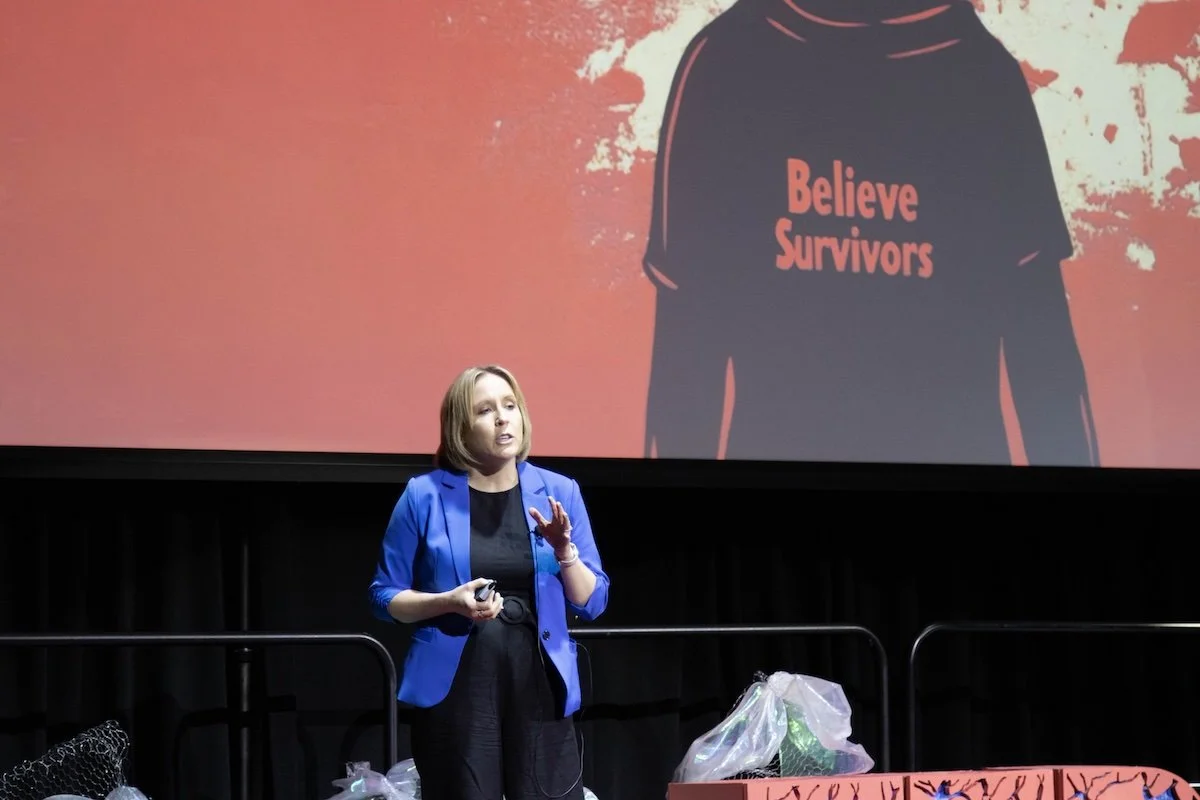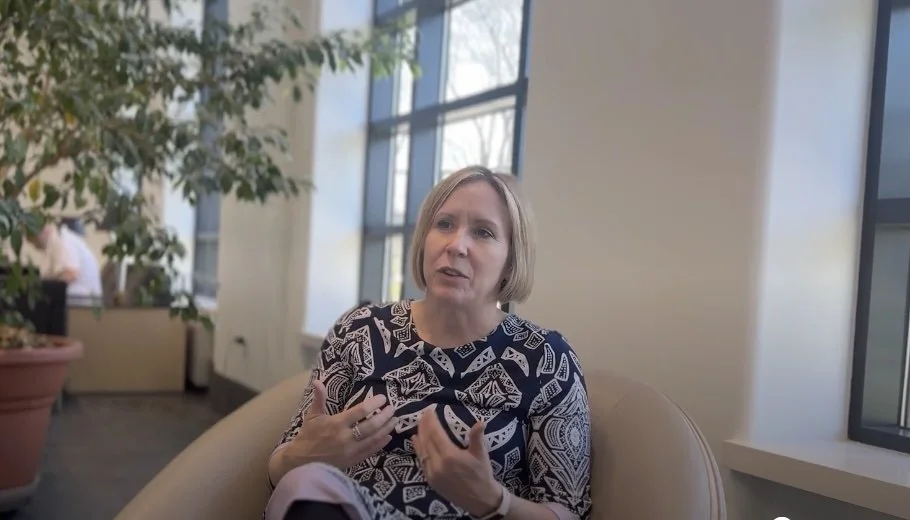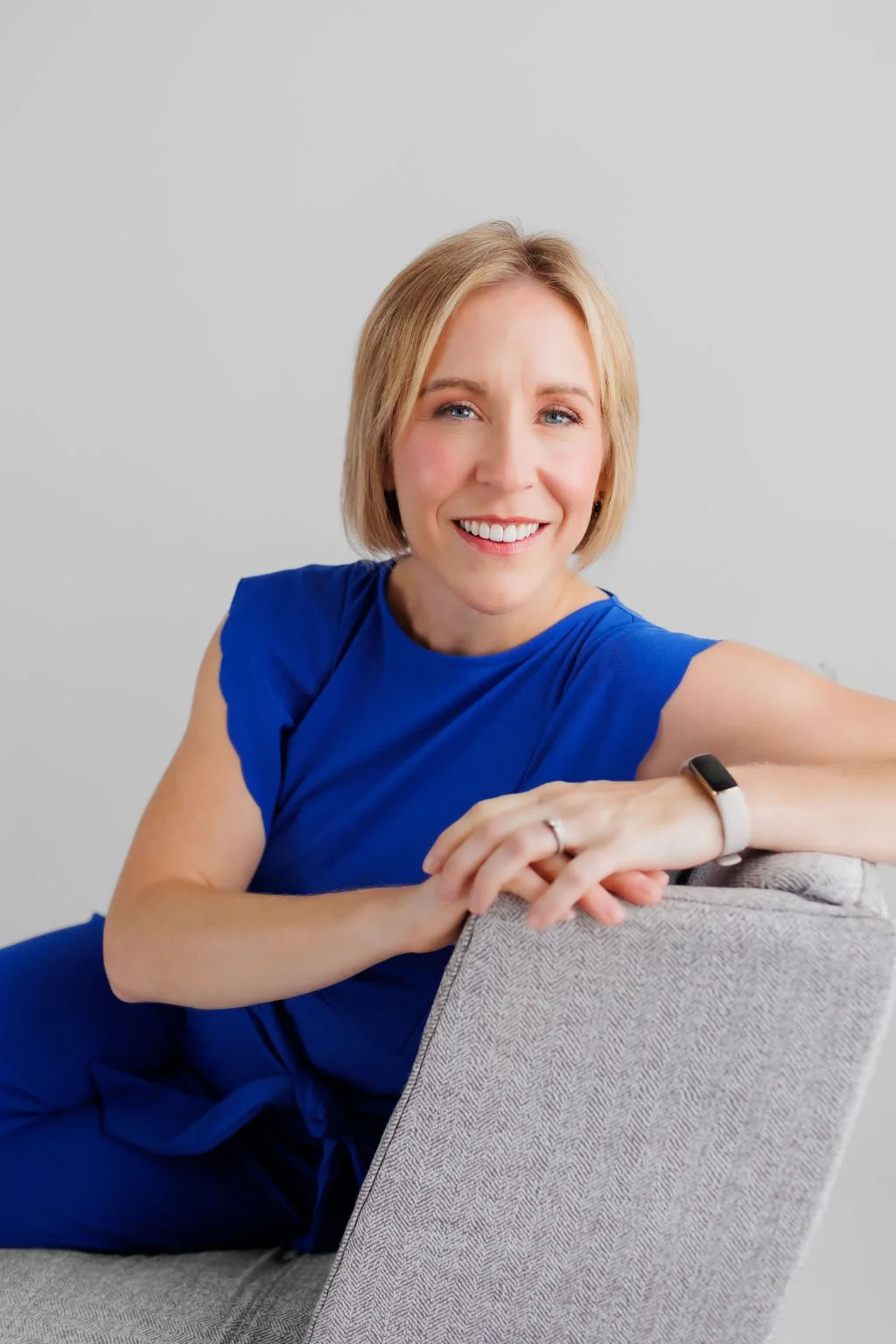Science for Survivors: Where Evidence Meets Empowerment
Because survivors deserve more than silence. They deserve science that shows up for them
Why I Started Science for Survivors
I didn’t set out to build a public platform. I set out to help people heal.
For years, I tried to do that through the traditional paths: therapy, research, teaching, and service. I published studies in peer-reviewed journals. I taught future clinicians. I served on the board of a rape crisis center that was constantly asked to do more with fewer resources.
Then I gave a TEDx talk about rape culture, and something shifted.
Survivors reached out to say the message mattered. One told me she’d shared it with her daughter, who responded: “Why hasn’t anyone talked to us about this before?” Another asked if I was accepting new patients. I wasn’t. Because my time and energy were going toward meeting the demands of academia: publishing in journals most people never read, presenting research to the same rooms full of experts.
I realized I was doing good work, but not always meaningful work. At least not in the way that mattered most to me.
Science for Survivors is my realignment. A shift toward impact over prestige. Toward opening doors, not keeping knowledge behind them. Toward making trauma science accessible, and actionable, for the people who live with it every day.
What You’ll Find Here
Science for Survivors is a space where research meets real life — where survivors are centered, and science is treated as a tool, not a gate.
Here, you’ll find:
Trauma science, demystified. What PTSD is (and isn’t), how trauma affects the brain and body, and what helps.
Evidence-based strategies. Especially for co-occurring conditions like OCD, insomnia, and substance use.
Support for clinicians. Tools, frameworks, and real talk for those doing trauma work without losing themselves in the process.
Forensic mental health insights. For people navigating the legal system — as professionals, survivors, or both.
Misinformation busting. Because science communication is part of the work.
Hope — with nuance. Because healing is possible, and also complex.
It comes back to this:
Who This Is For
This space is for:
Survivors looking for clarity, validation, and real tools
Therapists and providers who want to serve better and stay grounded
Parents, partners, and friends trying to support someone they love
Advocates, educators, and journalists trying to understand trauma responsibly
If you’re tired of surface-level advice and hungry for substance, this is for you.
Why Now?
Because good care exists, but it’s out of reach for far too many.
Because social media is full of trauma content, and not all of it is accurate or safe.
Because we don’t just need better treatment. We need better public understanding, better systems, and better access to science.
One of the biggest barriers to healing isn’t just access to care. It’s believing you deserve it in the first place. I’ve spoken with so many survivors who’ve hesitated to seek help because they don’t see themselves in the cultural stereotype of a “real victim.” They think their trauma isn’t bad enough. Or they blame themselves. Or they worry they’ll be dismissed.
That conversation ,and others like it, are exactly why this space exists.
These days, everyone’s an expert on trauma. Social media is full of posts about triggers, nervous systems, and healing journeys — and while some of it is helpful, a lot of it isn’t.
I see oversimplified claims, misused neuroscience, and advice that may actually make things harder for survivors. Lived experience matters deeply. So does science.
Science for Survivors is here to bridge the two, and to help survivors find grounded guidance. Not just trending content.
Filming for a documentary about how survivor stereotypes keep people from seeking help
Let’s Keep Going
If you're new here: welcome. I’m so glad you’re here.
Start with a post that speaks to your experience.
Subscribe to get updates in your inbox.
Reach out if you're looking for therapy, consulting, or collaborative work.
Let’s build something better, informed by evidence, shaped by ethics, and centered on survivors.
Let’s keep going.
Let’s build something better.
Welcome to Science for Survivors.
About the Author
Christal Badour, PhD is a licensed clinical psychologist, researcher, educator, and public speaker. Her work spans research on improving the effectiveness of trauma-focused mental health interventions, clinical care with trauma survivors, clinician training, community collaboration, and forensic evaluation. Across these roles, she focuses on making the psychological science of trauma recovery clear and accessible.
Stay connected
Subscribe for evidence-based resources on trauma recovery and PTSD, grounded in clear, accessible psychological science.




